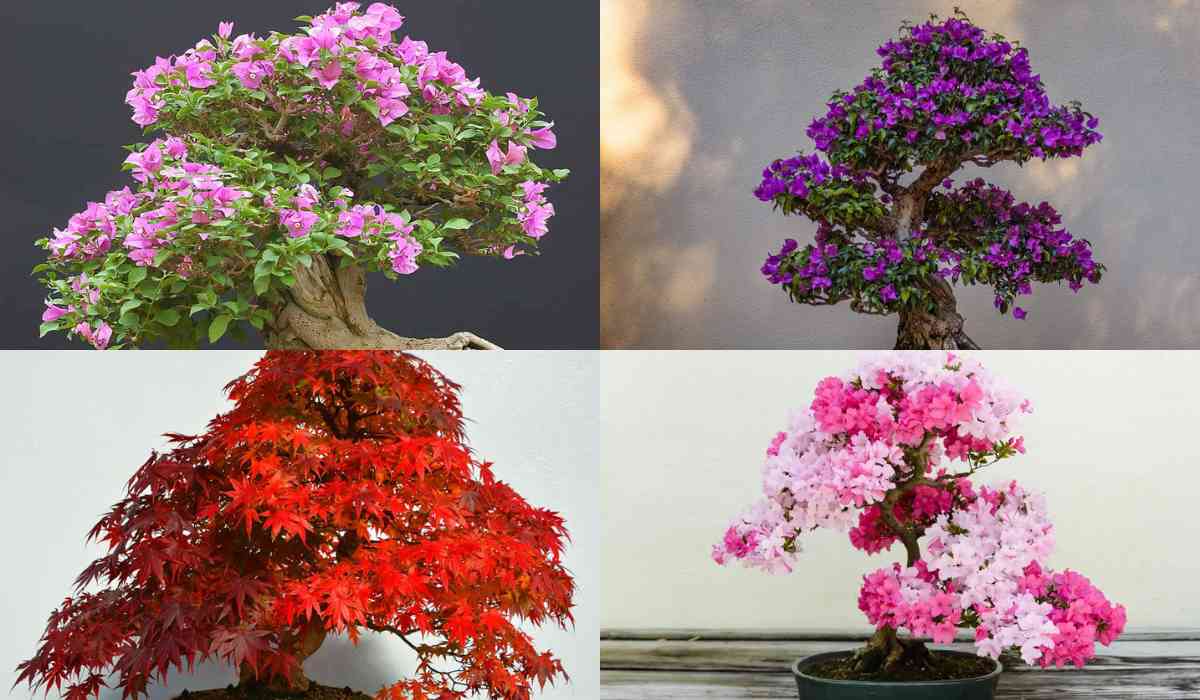In the land of the rising sun, amidst the tranquility of meticulously pruned gardens and ancient traditions, a crisis is unfolding.
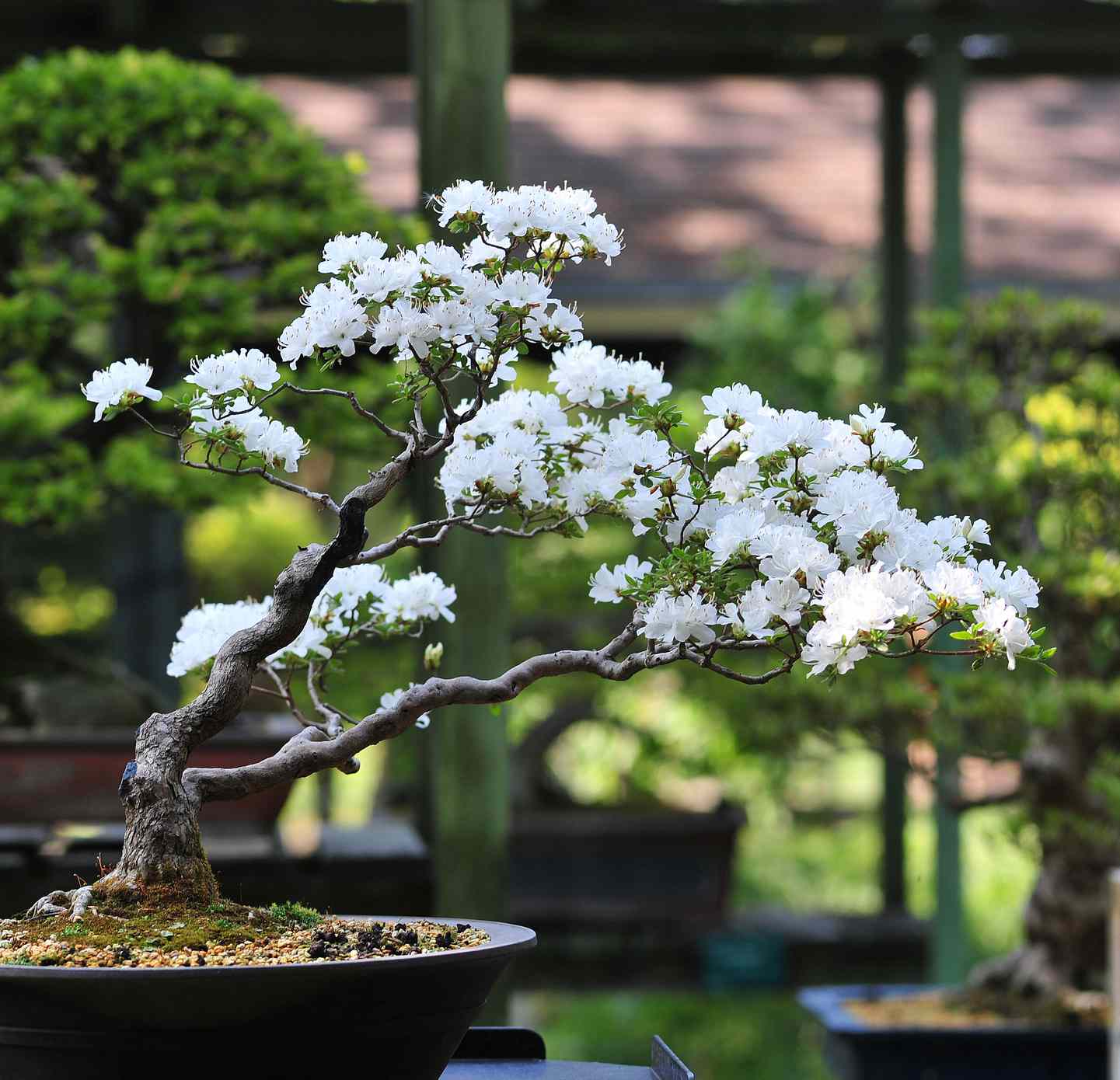
Japan's treasured bonsai art is facing a crisis. The rising global demand for these miniature marvels has sparked a wave of thefts. Organized crime rings are stealing valuable bonsai for the lucrative international market.
Since February 2023, 25 thefts in 11 prefectures have been reported by the Nippon Bonsai Growers Cooperative, including a single tree worth over 3 million yen. On May 3, 2024, 33 bonsai valued at 18.8 million yen (20,000 USD) were stolen from a store in Kumamoto Prefecture.
Reports indicate foreign nationals are often involved, with stolen bonsai appearing on US social media, according to Kyodo News.
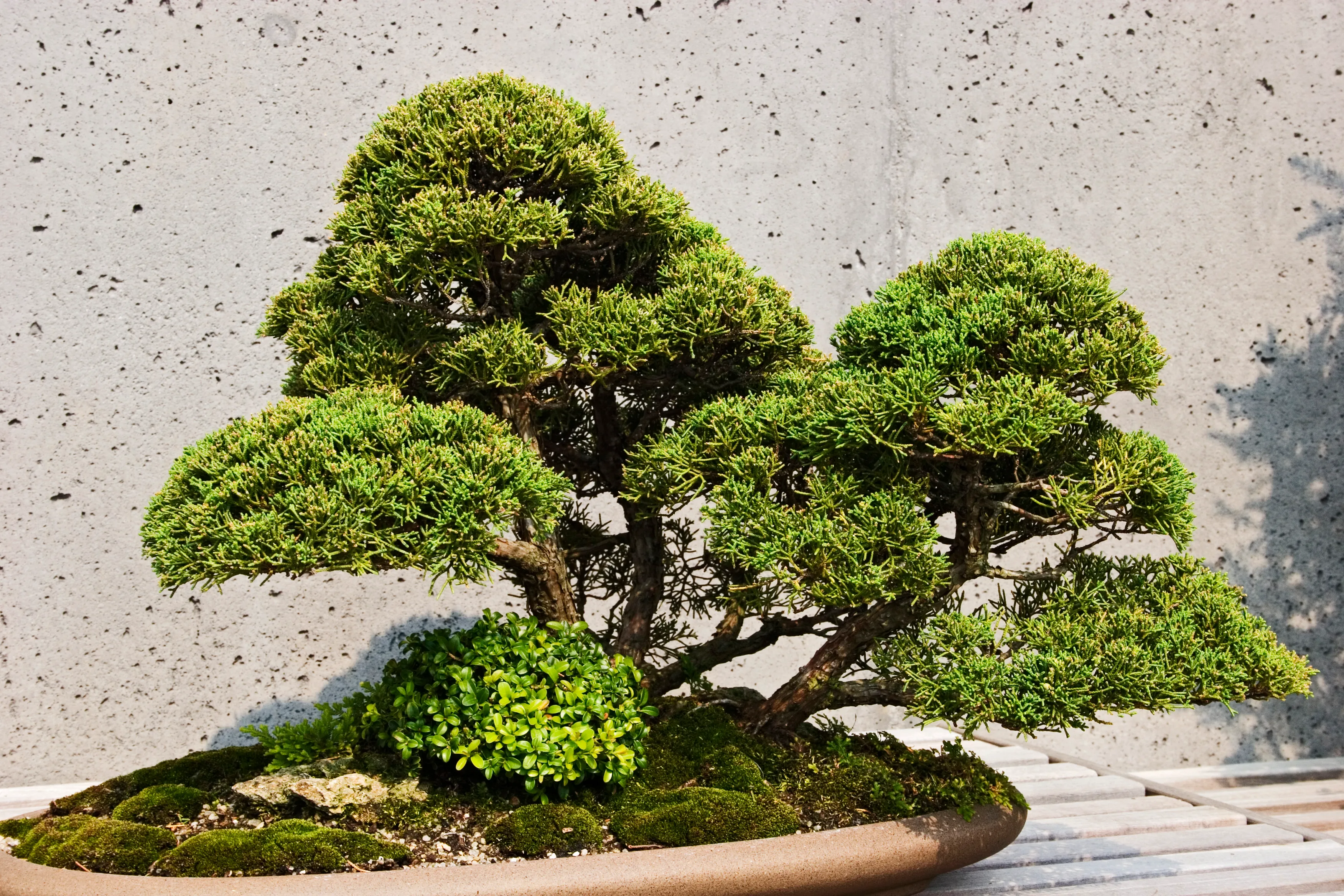
Bonsai Boom and Security Risks
The allure of bonsai has surged worldwide in recent years, especially after the 2020 lift on exporting Japanese black pine bonsai to the European Union. This surge in interest has not only driven up exports but has also attracted the unwanted attention of thieves.
According to the Japan External Trade Organization (JETRO), bonsai exports skyrocketed to approximately 910 billion yen (about 6 billion USD) in 2023, nearly tripling the amount from 2020.
Tatsuharu Takeshita, a 72-year-old bonsai vendor from Inazawa, central Japan, expressed his distress to the Kyodo news agency, saying, "Lately, all we hear about in the industry is theft. It's heartbreaking." Takeshita's shop, Koyoen, fell victim to 15 bonsai tree thefts across two separate incidents, with thieves even cutting through protective fencing to pilfer the prized plants.
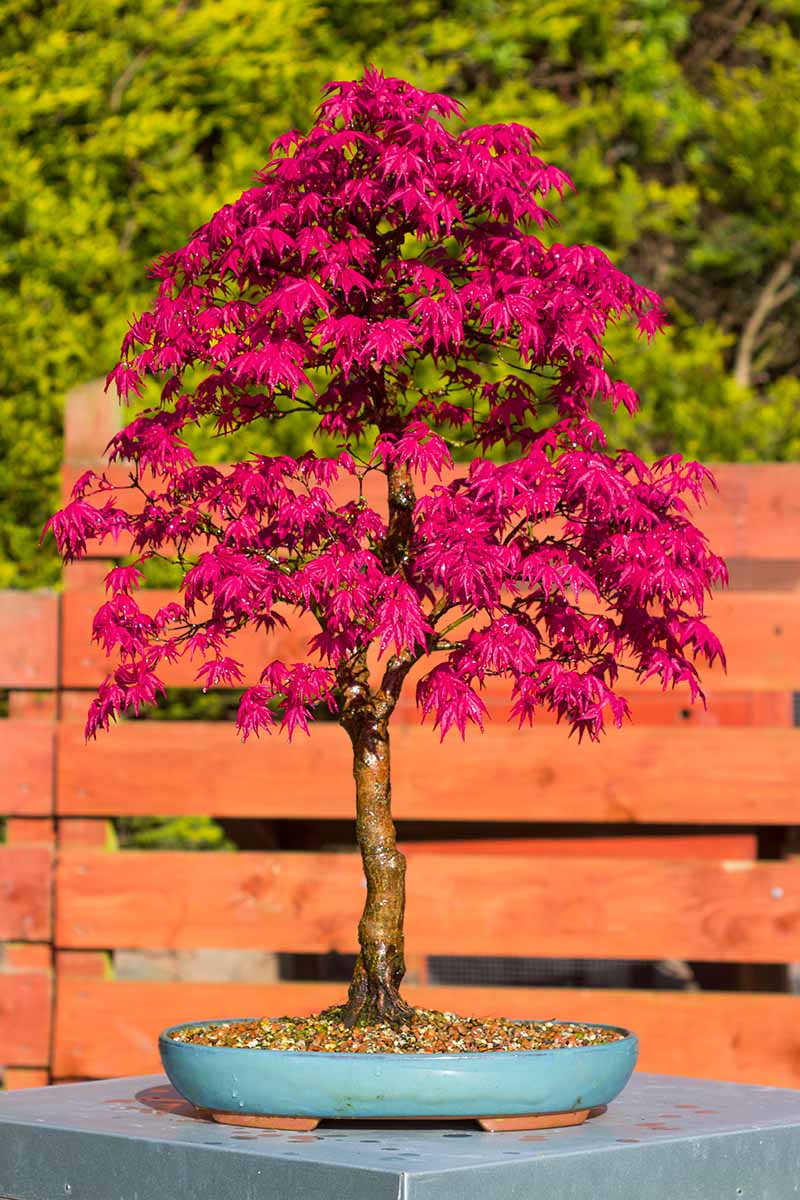
Criminal Syndicates and Bonsai Theft
Organized crime's global reach extends even into the serene world of bonsai, as recent events in Japan have highlighted. In a series of incidents, police apprehended individuals, including Vietnamese nationals, for their involvement in bonsai thefts. Employing sophisticated tactics, thieves were tracked down using devices placed by vigilant owners.
Yusei Sasaki, a bonsai enthusiast from Mifune, expressed his dismay at losing 33 meticulously nurtured bonsai, valued at a staggering 18.8 million yen. His sentiment reflects not just financial loss but also the emotional toll of losing living artworks that represent years of dedication.
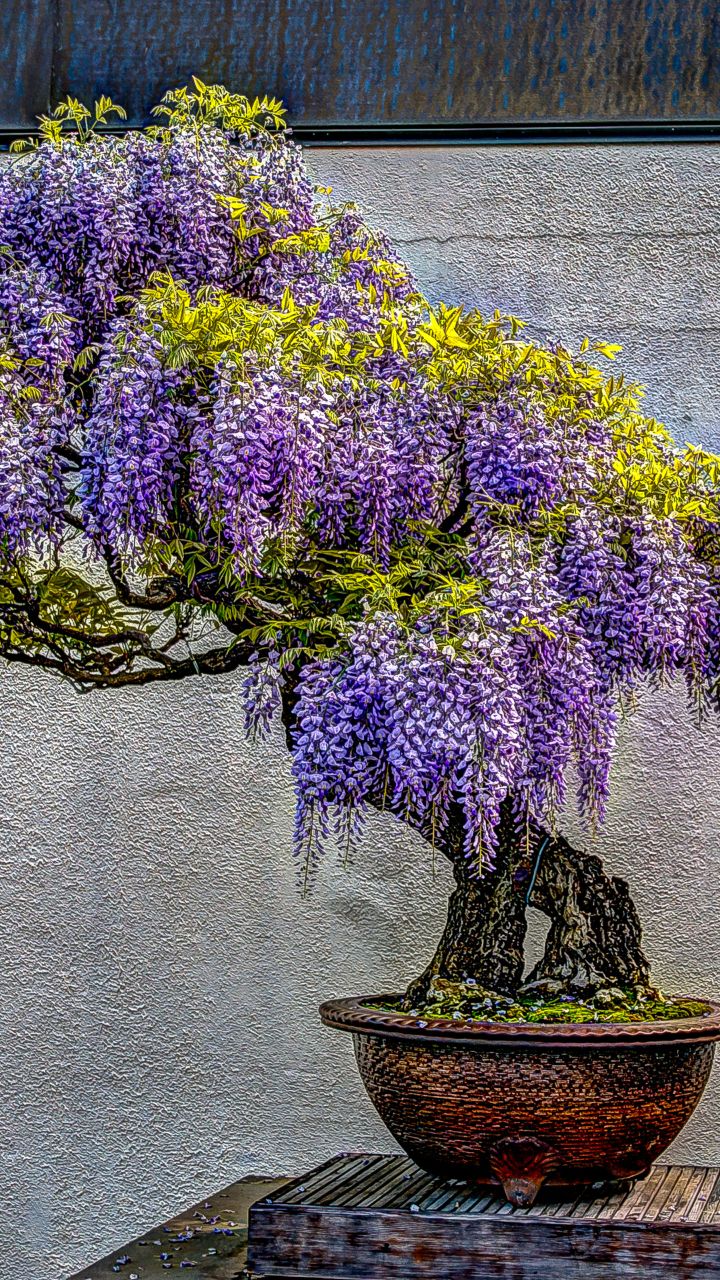
Reports from Aichi prefecture detailed the arrest of two Vietnamese suspects, accused of stealing seven bonsai, including a prized kuromatsu. These individuals allegedly orchestrated a string of thefts, targeting valuable specimens for sale in lucrative markets like China and Southeast Asia.
The incidents underscore the urgent need for heightened security measures, as criminal networks exploit the niche market of bonsai, leaving both collectors and cultivators vulnerable to exploitation.
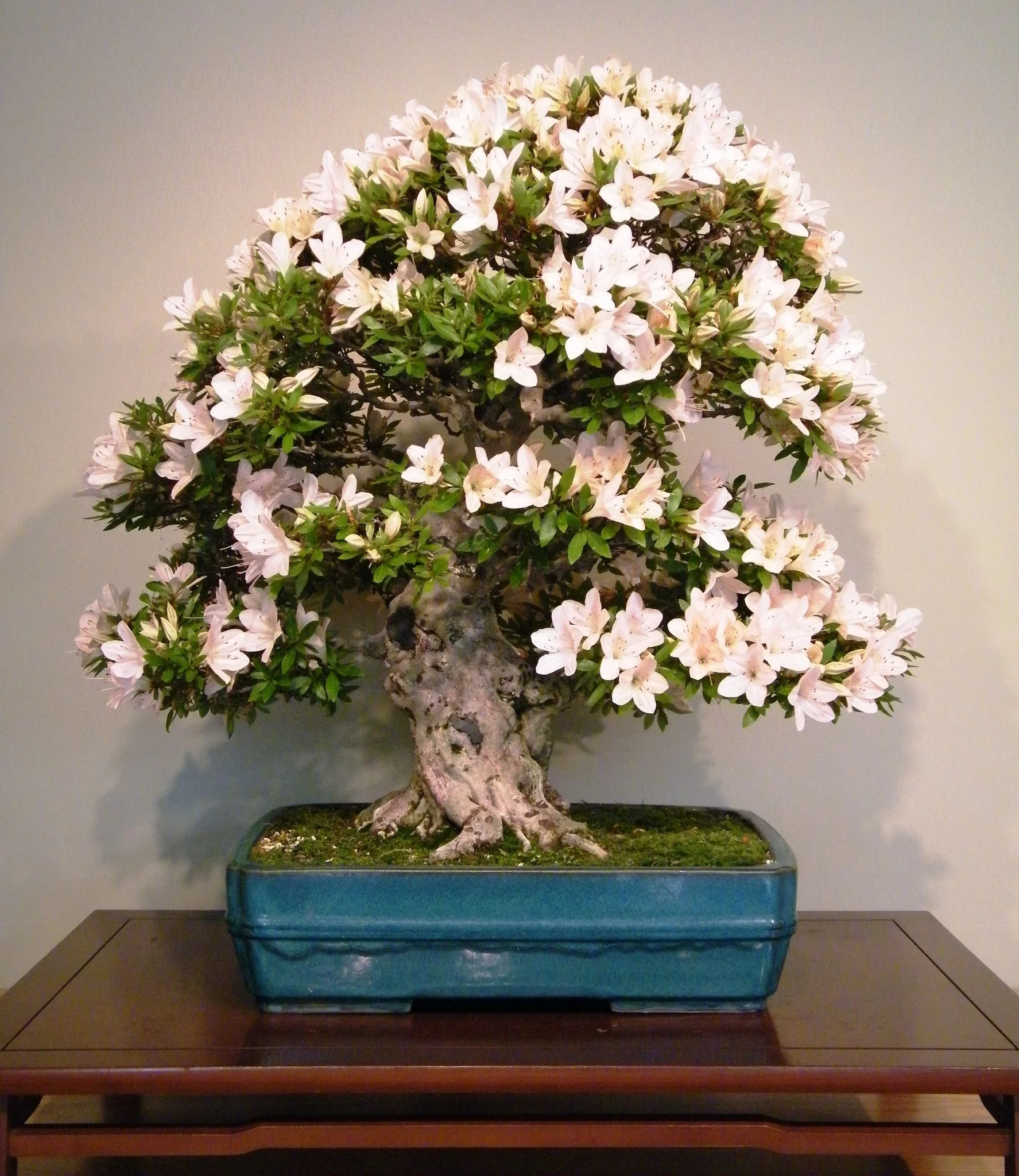
Japanese ramp up security measures
In response to escalating thefts targeting their prized bonsai trees, nurseries across Japan are beefing up security measures. The Gashou-en nursery, for example, is contemplating bolstering its security systems following incidents where thieves bypassed motion sensors and CCTV cameras, as reported by SCMP.
The Nippon Bonsai Growers’ Cooperative is advising its members against disclosing their locations on Google Maps to deter potential thieves from scouting their premises.
Kazuhiro Takebe, owner of Bonsai Life nursery in Mie prefecture, has been hit twice by thieves, resulting in the loss of 80 trees. "It's a growing concern for everyone in the bonsai industry," Takebe shared with SCMP. "Though we had security measures in place before, we've now added extra cameras, alarms, and are planning to erect a taller perimeter wall around the nursery."
Despite these precautions, thefts persist. "These are highly organized groups, stealing with specific orders in mind," Takebe explained. "While we've heard of some nurseries getting their stolen bonsai back, none of ours have been recovered yet."
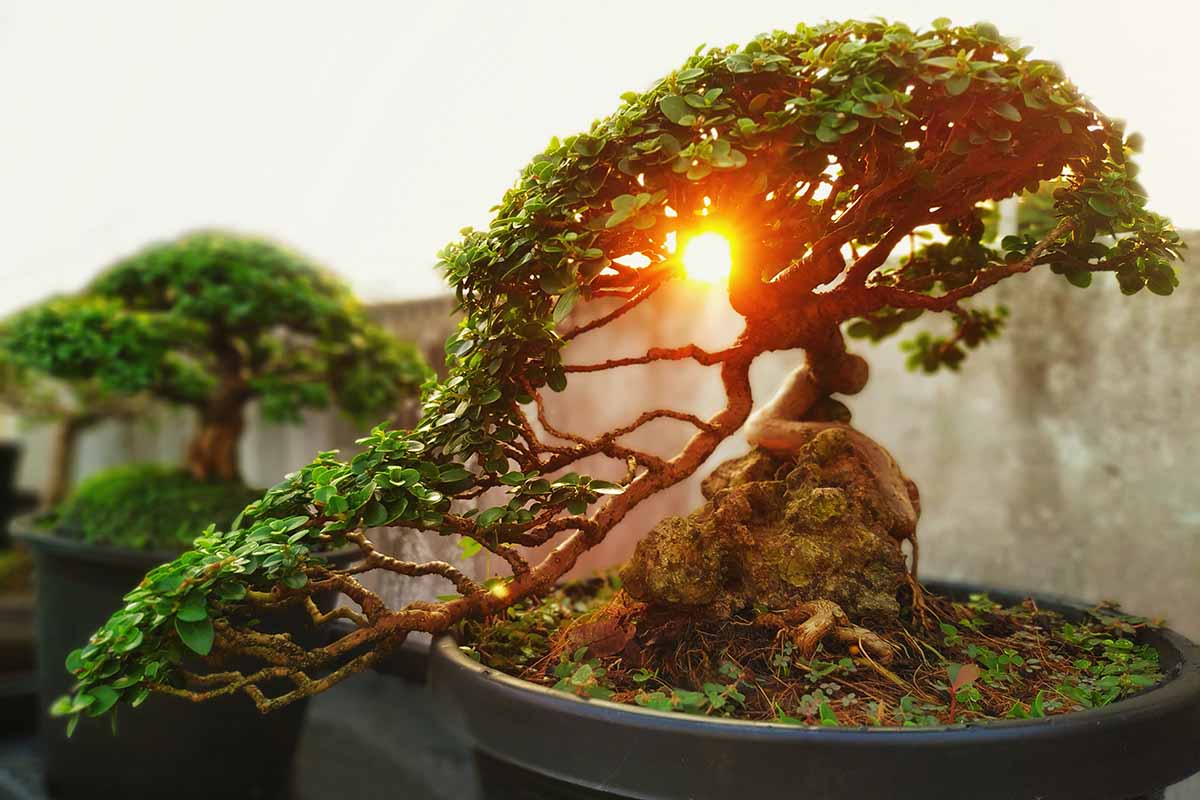
Factors contributing to the theft
Theft and trafficking of bonsai trees in Japan are concerning issues that have gained attention in recent years. Several factors contribute to this problem:
-
High Value: Bonsai trees can be extremely valuable, especially those that are old or rare. Some specimens are considered living art and can fetch high prices in the market, making them attractive targets for theft.
-
Limited Supply: Authentic bonsai trees require years, if not decades, of careful cultivation and shaping. Due to this lengthy cultivation process, truly exceptional bonsai trees are relatively rare, further increasing their value and desirability.
-
International Demand: Bonsai has gained popularity worldwide as a form of art and horticulture. This global demand can create opportunities for theft and trafficking, as bonsai enthusiasts seek unique specimens for their collections.
-
Lax Security: Many bonsai collections, including those belonging to private individuals or bonsai nurseries, may not have adequate security measures in place to prevent theft. This lack of security can make it easier for thieves to steal valuable trees.
-
Lack of Regulation: The bonsai industry may lack comprehensive regulations governing the sale and trade of bonsai trees, making it easier for stolen trees to be sold on the black market without proper documentation.
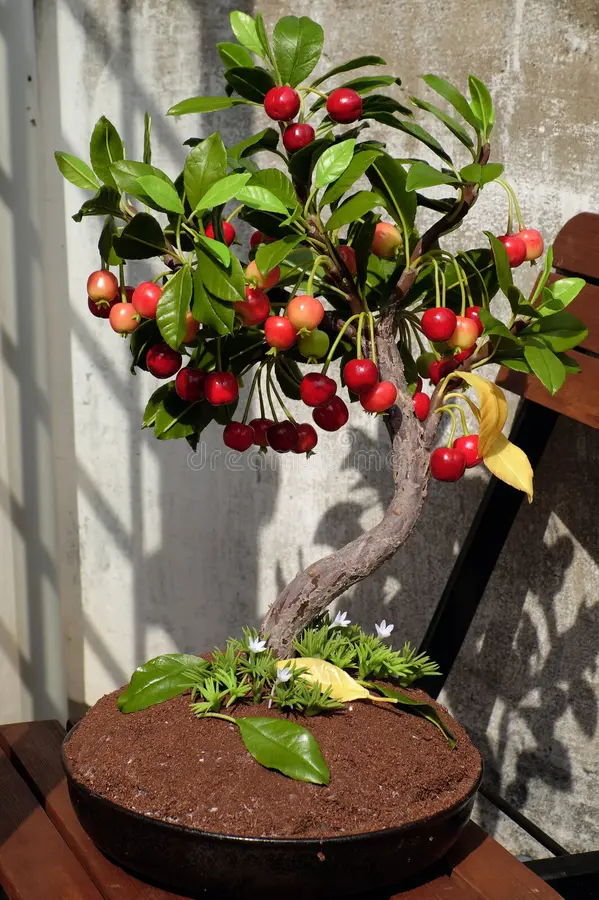
Cultural significance of Bonsai
Bonsai holds significant cultural value, rooted in centuries-old traditions and embodying principles of artistry, spirituality, and harmony. Originating from China during the Tang dynasty, the art form was refined in Japan through the integration of Zen Buddhist principles. The term "Bon-sai" itself translates to "planted in a container" or "tray planting," reflecting the meticulous cultivation process involved.
Contrary to common misconception, bonsai trees are not genetically miniature; rather, they are regular trees that are carefully cultivated to maintain small proportions. This meticulous process, sometimes spanning decades, results in masterpieces like the 500-year-old specimen housed in the Tokyo Imperial Palace collection, revered as national treasures. The theft of bonsai trees is not merely a financial loss but also a cultural one, symbolizing years of dedication and artistic expression.
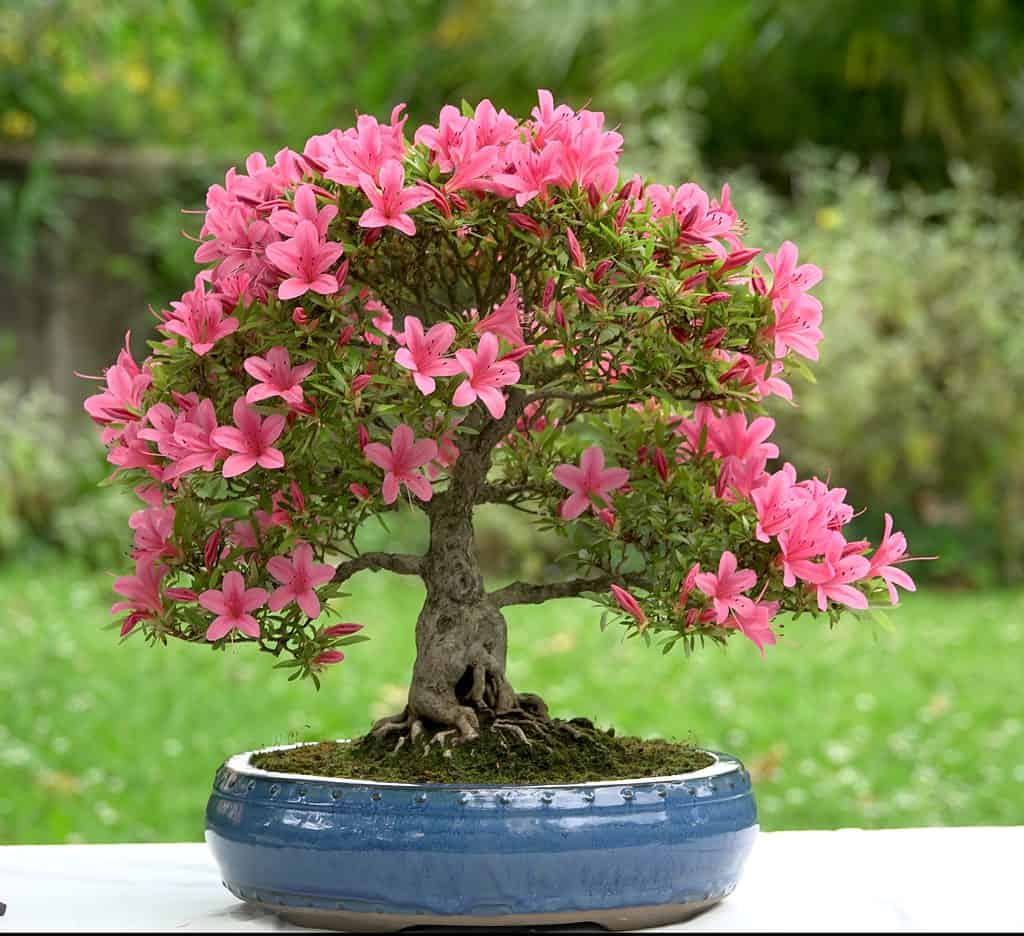
In Japanese culture, bonsai holds multifaceted significance:
-
Spirituality: Bonsai cultivation is intertwined with spirituality, particularly within the context of Zen Buddhism. The practice embodies principles of simplicity, patience, and mindful contemplation.
-
Balance and Harmony: Bonsai trees symbolize balance and harmony, bringing a sense of tranquility and peace to their surroundings. They serve as tangible representations of natural beauty and equilibrium.
-
Artistry: Bonsai is considered a form of living art, requiring skillful care and cultivation to shape the tree into a desired aesthetic. The beauty of bonsai lies in the delicate balance between artistic vision and the innate growth patterns of the tree.
-
Life Lessons: The practice of bonsai imparts valuable life lessons, teaching practitioners patience, mindfulness, and the importance of harmonizing human endeavors with natural processes. It encourages a deeper connection to the passage of time and the cycles of growth and renewal.
-
Good Luck: Bonsai trees are also associated with good fortune, longevity, and happiness. Caring for a bonsai is believed to mirror the cultivation of one's own life and character, fostering prosperity and well-being.
In essence, bonsai transcends its botanical nature to become a profound cultural symbol, reflecting the rich tapestry of Japanese heritage and the enduring human quest for beauty, harmony, and spiritual enlightenment.
With inputs from agencies
Image Source: Multiple agencies
© Copyright 2024. All Rights Reserved Powered by Vygr Media.

